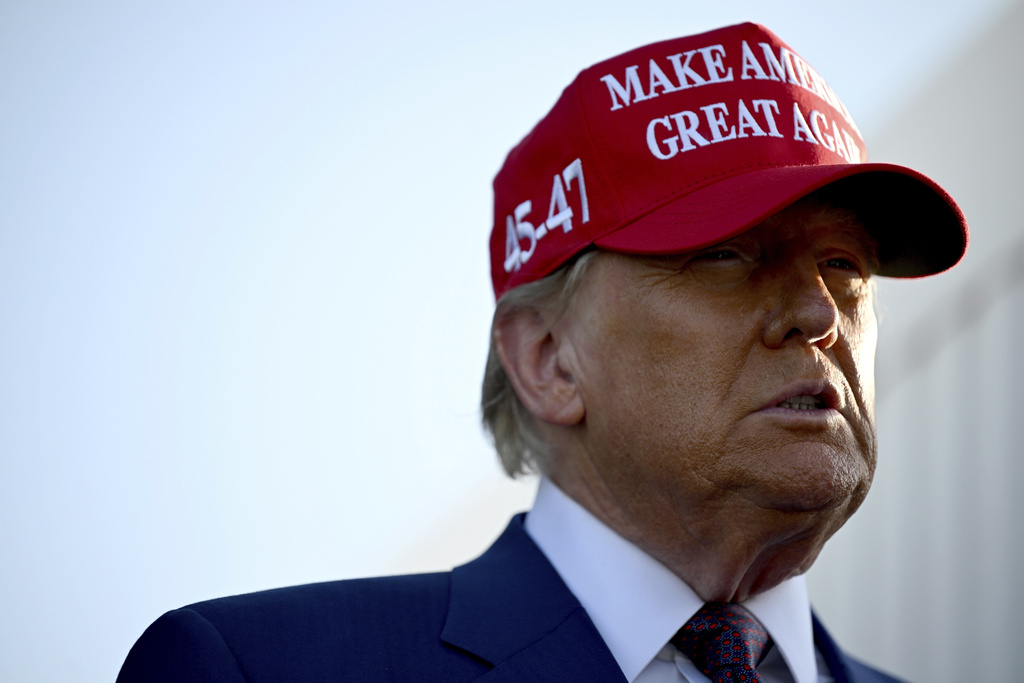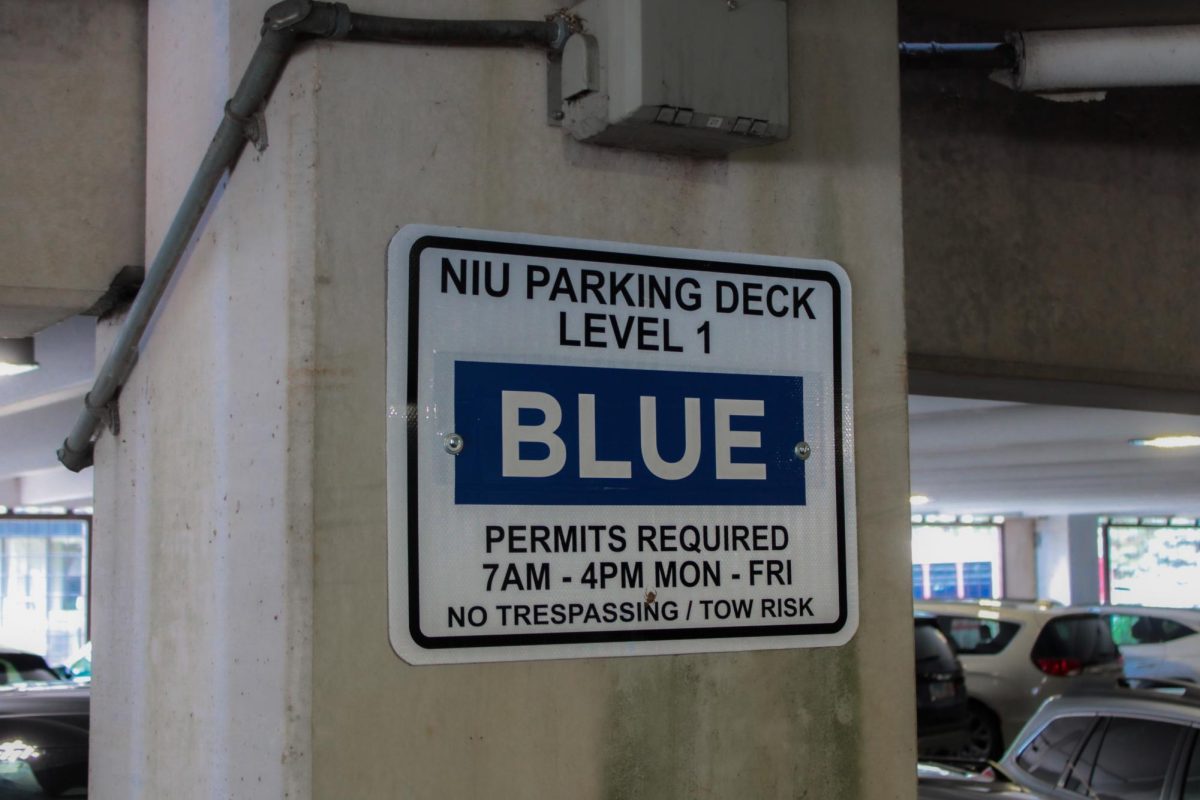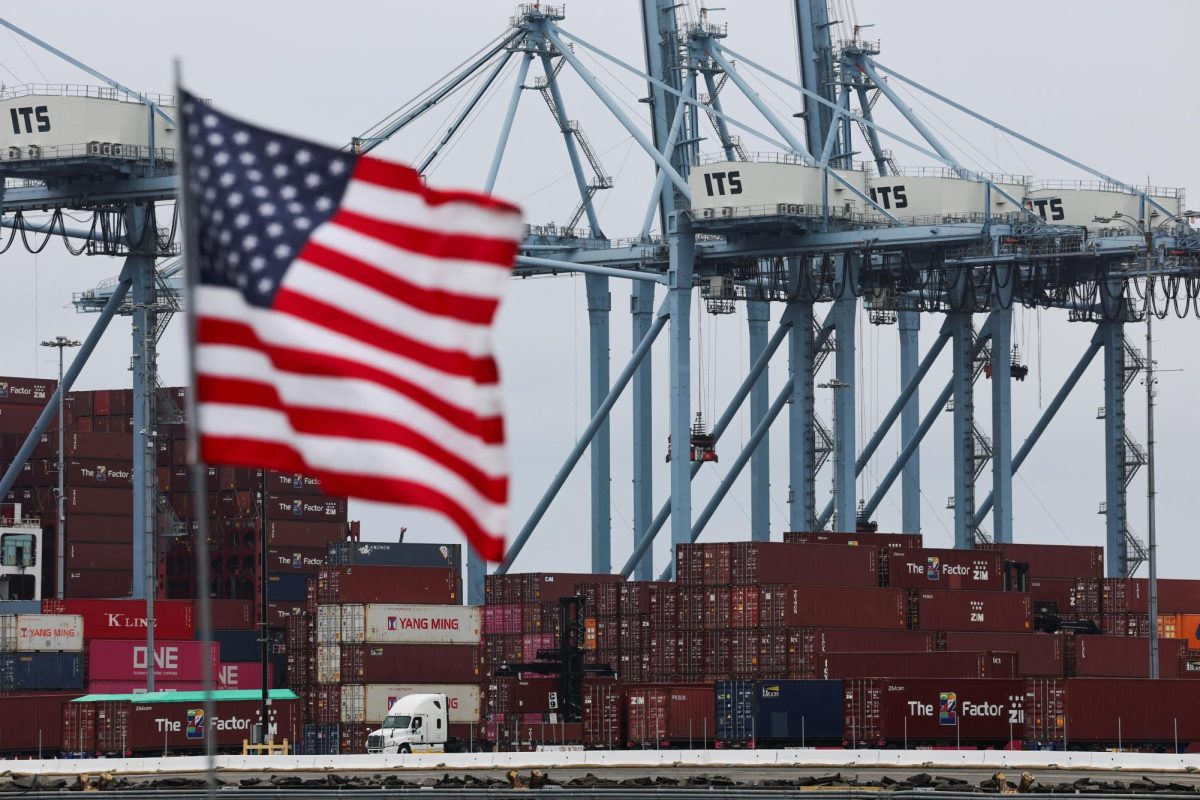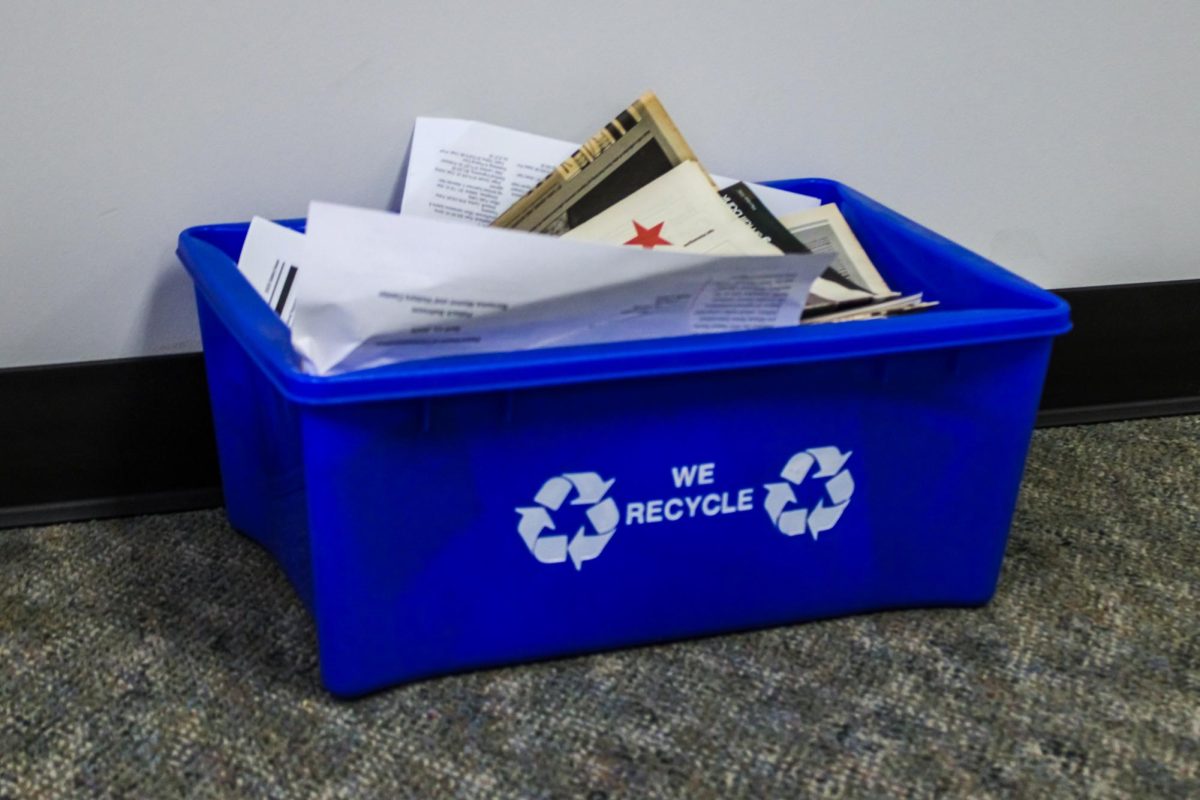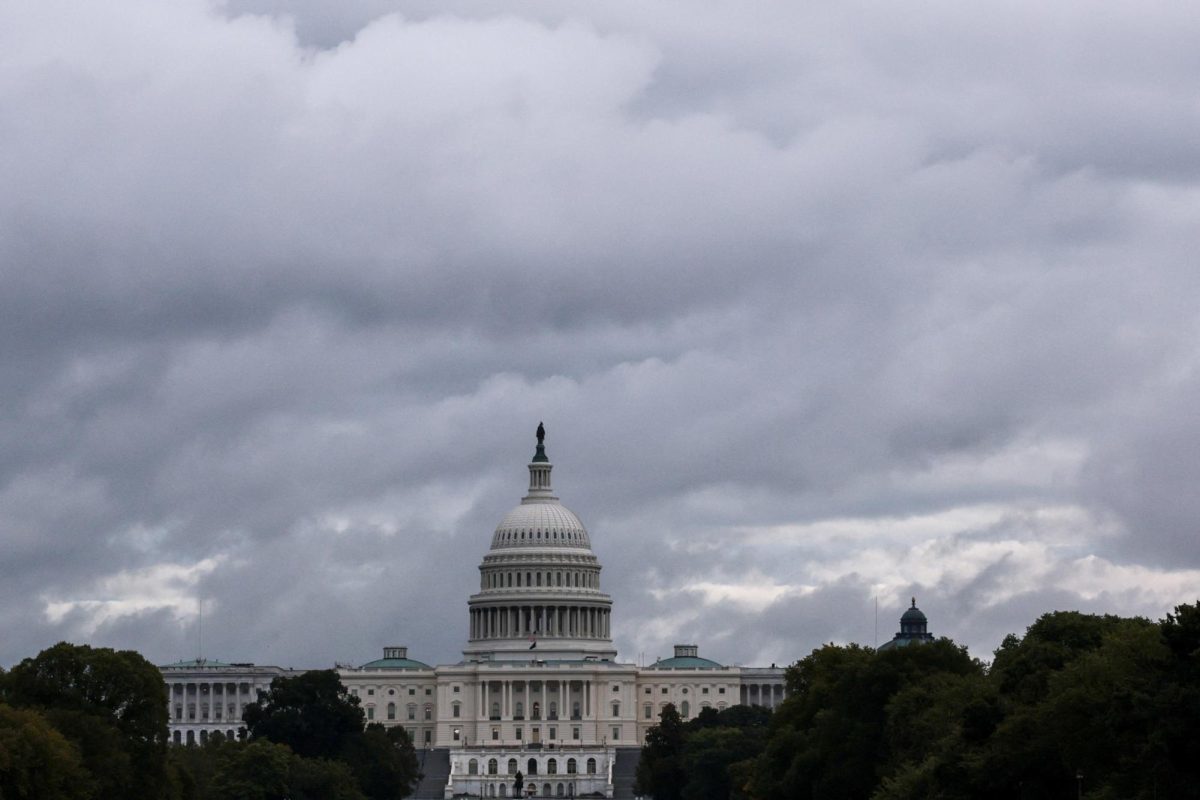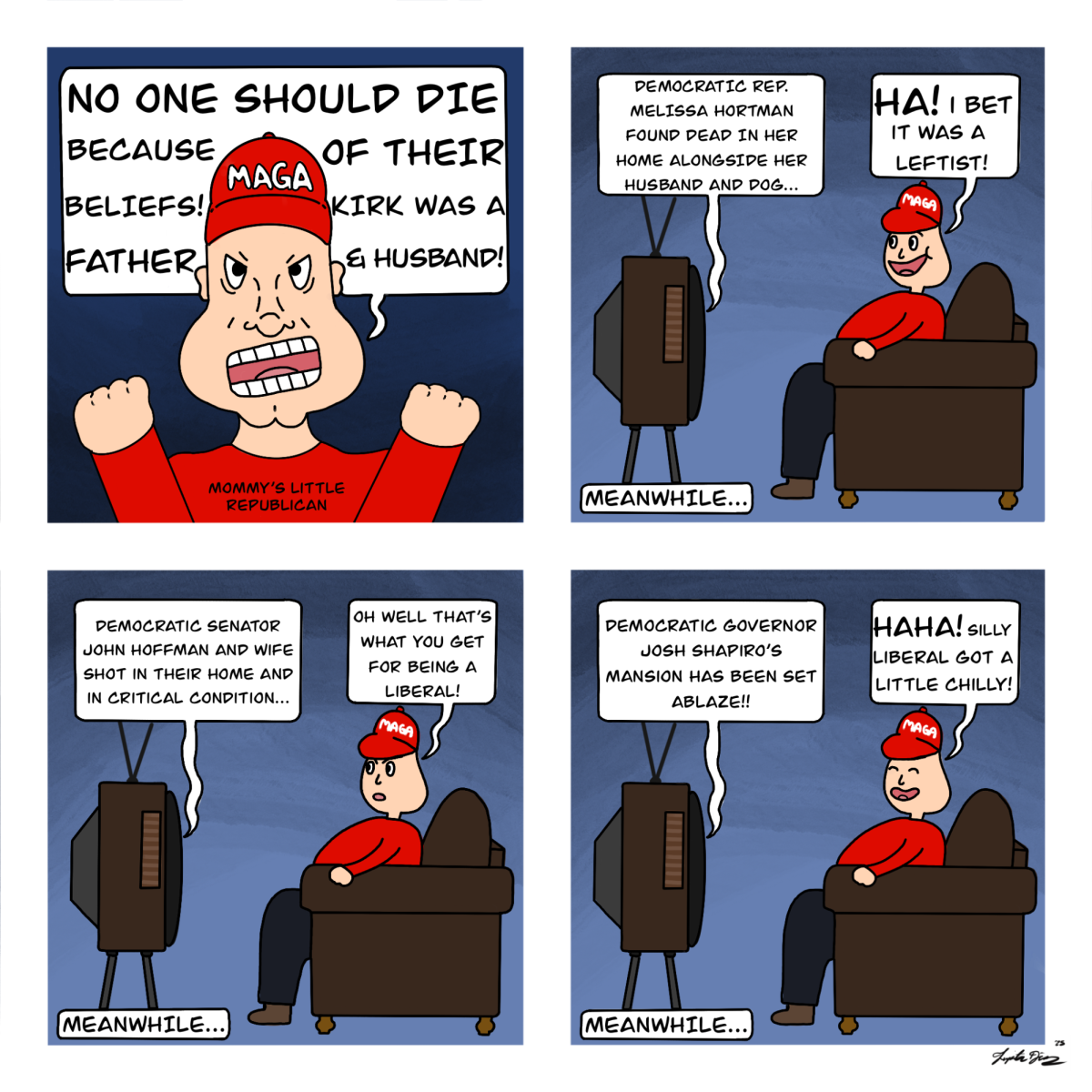President-elect Donald Trump should not stop the military aid in Ukraine or stab the backs of European allies either. The new threats that he released to NATO are not only prejudicial to Europe but to the entire Western hemisphere.
Russia and Ukraine have already long exceeded 1,000 days of war. From a military point of view, it does not seem as though there could be an outcome soon. However, Trump has repeatedly promised that his winning of the presidential election would bring the bloodiest European war of the 21st century to a conclusion.
On several occasions, Trump has said he wants to take away the supply of military equipment from Ukraine to force them to negotiate with Russia. This action would leave Ukraine extremely vulnerable, potentially allowing Russia to sweep away any Ukrainian resistance.
Several members of the new incoming Presidential Cabinet, such as Marco Rubio and Mike Waltz, have expressed a priority to focus on China and leave the Russia-Ukrainian war as a matter of second importance.
Ches Thurber, an associate professor of political science at NIU, explained why Trump is more focused on a trade war with China than following the previous efforts of the Biden administration to weaken Russia.
“I think they (Trump and his Cabinet) see China as a bigger threat than Russia. (China) is just much bigger in terms of population, in terms of their spending on the military and their potential for military growth because of the size of their population and the size of their economy,” Thurber said. “I think secondly, they see China as a competitor because of the direct economic competition of seeing China as a growing economy that is growing and growing at the expense of U.S. economic growth.”
Unfortunately, Russia is the country with the largest nuclear arsenal in the world, and it is by far the country that has shown itself most willing to use it.
The change of nuclear doctrine by decree by Russian President Vladimir Putin, and the intercontinental ballistic missile attack on the city of Dnipro, Ukraine, are nothing but statements of power from the Russian Federation.
These actions remind us that while the Eurasian giant may be seriously wounded by a three-year war of attrition and an innumerable list of economic sanctions from the Western hemisphere, Russia remains a threat that must be taken into account.
We know that Russia will not stop if, after a peace negotiation, it is left only with Crimea and Donbas. Putin has a dream of restoring the Russian Federation to the old borders of the Russian empire.
For Americans, the war in Ukraine may appear to be a means to accrue greater tax revenue, another incident abroad that will have no impact on their lives beyond the videos they watch on social media. But for Europe, this war may represent the most important juncture of the century, maybe even since the Second World War.
It is time for Europe to demonstrate its true strength and determination in the face of Russia. The nation is a threat to Europe’s freedom and way of life: an enemy that has always been there but has never received enough attention.
Some countries have understood the importance of the moment and have actively contributed to Ukraine’s war efforts. Poland, Estonia, the Czech Republic and Denmark have not hesitated to donate as much equipment as has been requested by Ukraine, even going so far as to give up their entire arsenal of NATO standard 155 mm artillery ammunition.
Many countries have increased their efforts to raise defense-related gross domestic product and have remilitarized to pre-WWII levels, as in the case of Germany.
However, others have decided not to contribute as much, especially those farther from the Russian border and those who have a more friendly relationship with Russian leadership.
But all that effort and struggle for Western ideals that has held the world together for decades, can be brought to an end by a U.S. president. Trump not only intends to end the war regardless of the outcome, but he has also threatened to weaken NATO in various ways and, during his previous administration, threatened to withdraw directly from the treaty.
This bond was forged in the most turbulent period of modern history, the two world wars. At the beginning of both, it was believed the U.S. had no outstanding issues in the conflicts that developed in Europe. In the end, the government in charge realized that either they would go to Europe to help the European democracies or eventually war would come to America.
China is simply not a comparable authoritarian regime that could become another rival as strong as the Soviet Union. But so far, it has not shown the willingness or the nuclear strength to confront a protected U.S. nation in an open conflict.
Trump shows a dangerous narcissism claiming he can end the conflict in one day, but even more dangerous is his lack of tact and closeness to Putin. At this point, both sides have crossed red lines. Lines which, if crossed, could lead to a nuclear escalation.
And while the fear of nuclear war is what keeps major escalation under control for now, it won’t be long before either side crosses a final red line, decides to push the red button and says:
Enough.


